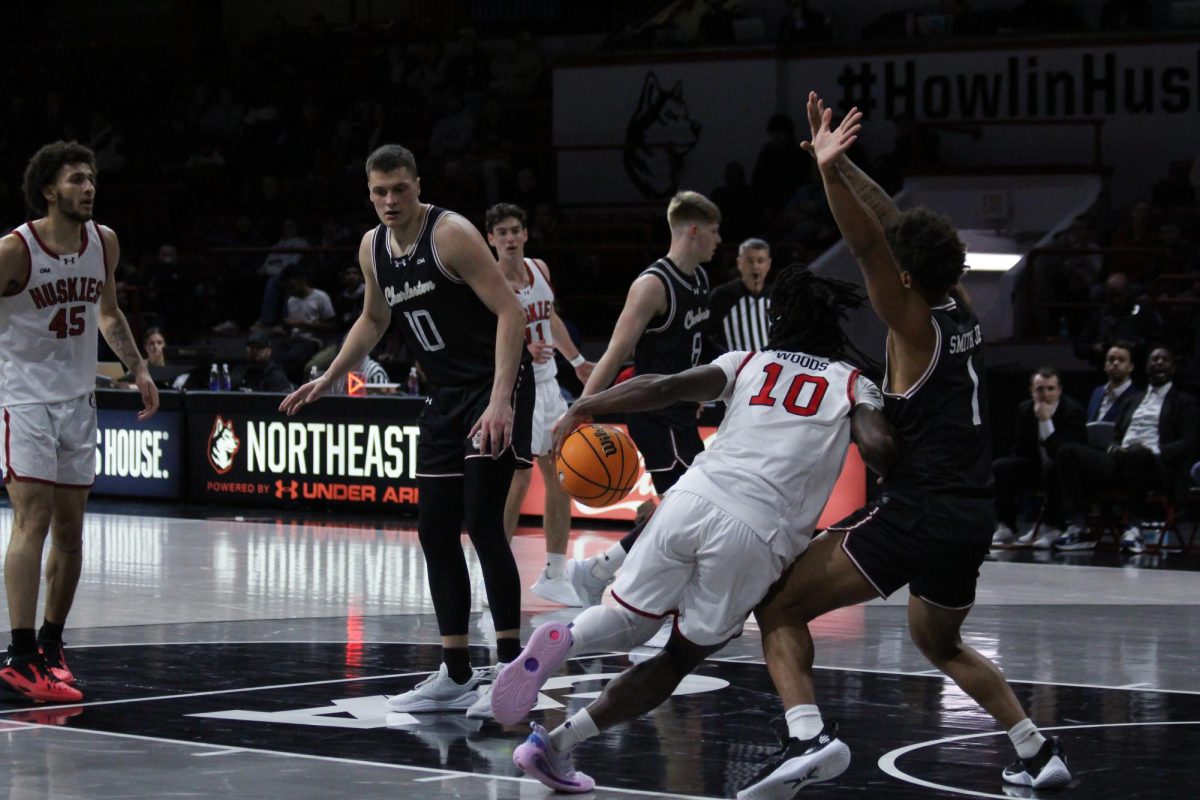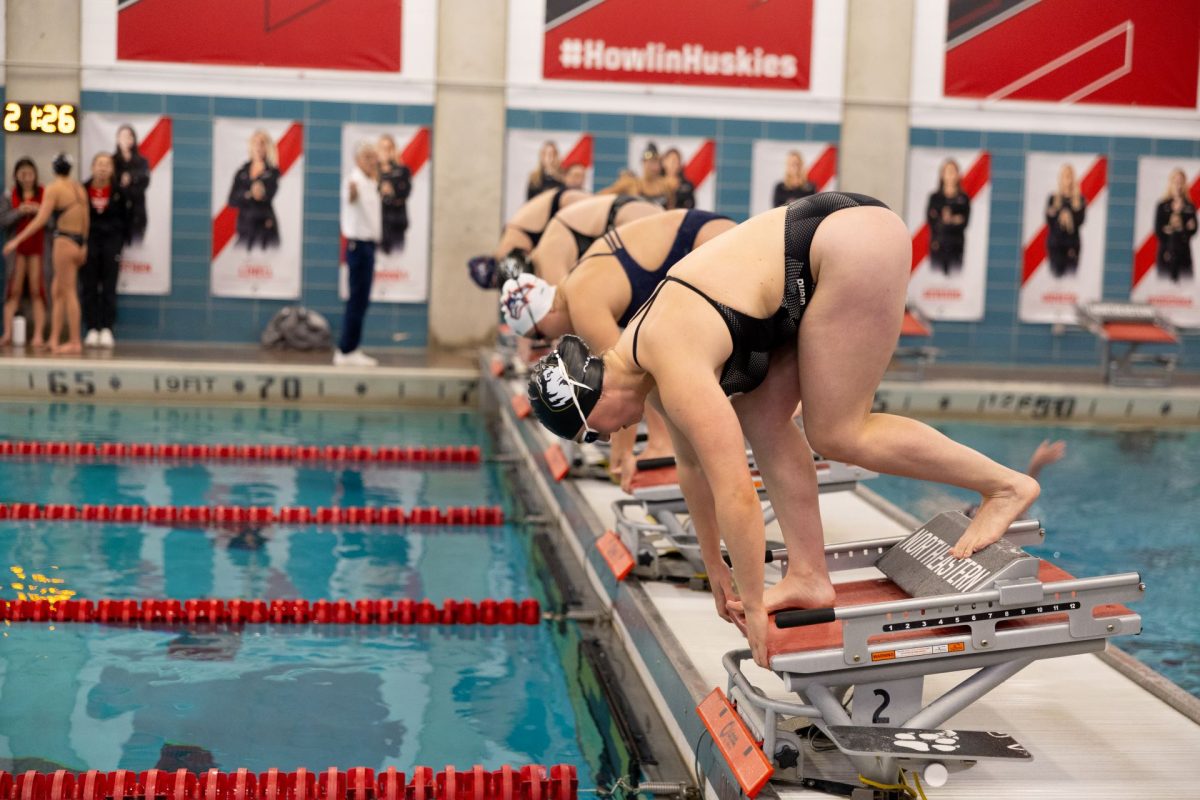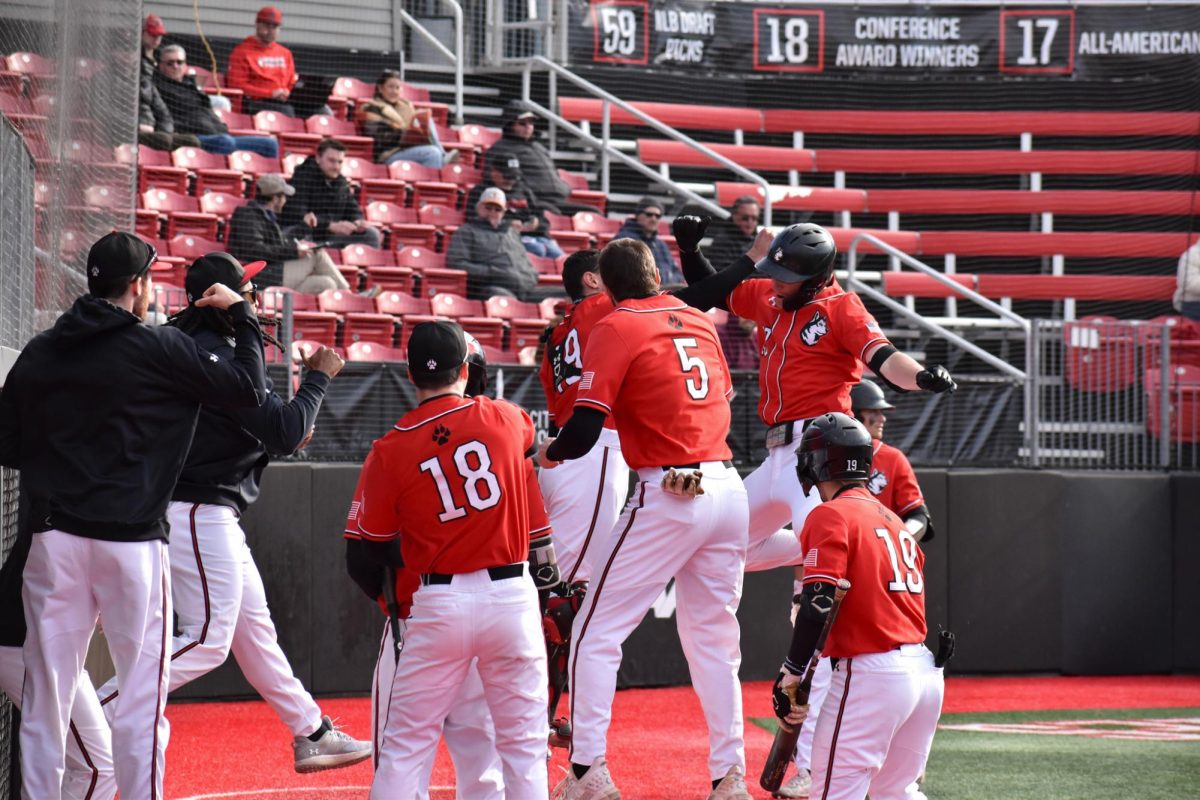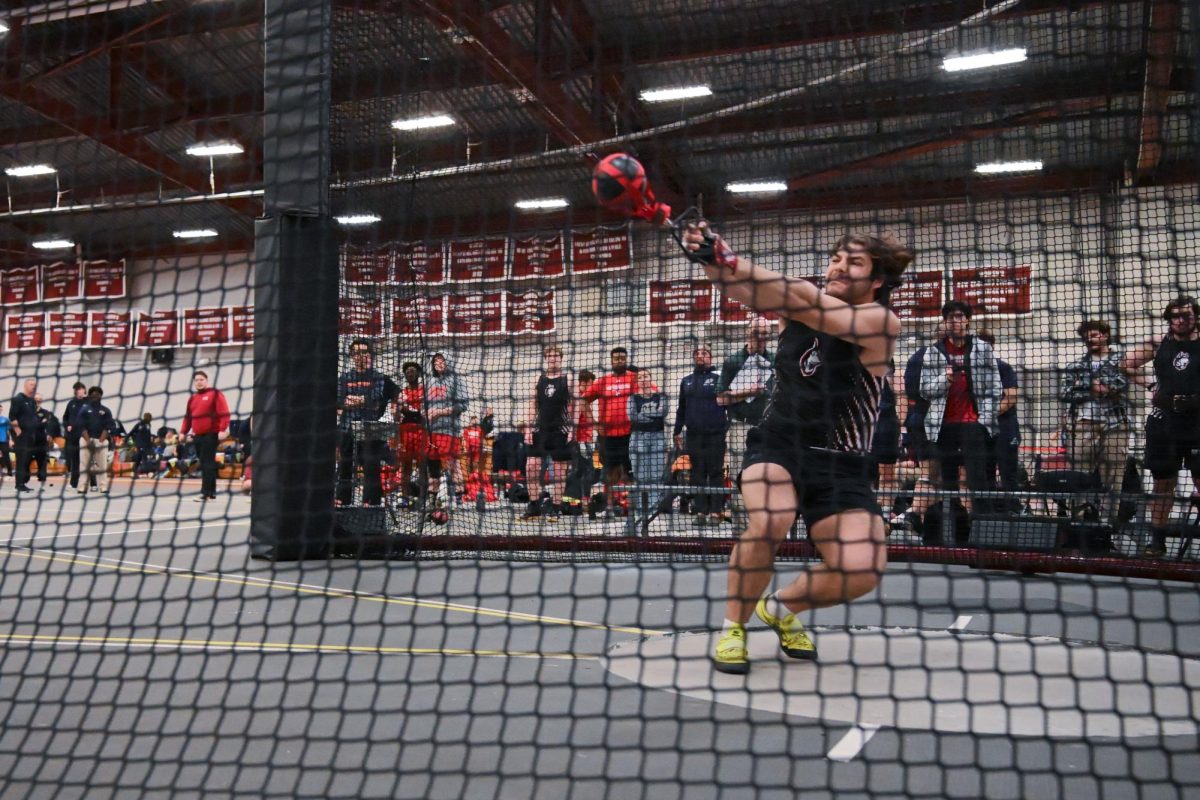By Patrick McHugh, News Staff
Two years before the official start of the athletic year, five Northeastern teams earned a major victory courtesy of the Colonial Athletic Association (CAA).
The CAA held its annual meetings in Richmond, Va., in June, and the league announced five sports – men’s and women’s soccer, field hockey, volleyball and baseball – will return to a six-team field size for conference championship tournaments. In 2009 the league shrunk field size for the conference championships from six teams to four teams in order to cut travel costs. The decision also meant fewer low-seeded teams got a chance to enter the playoffs.
The CAA’s decision was well-received by NU coaches, who now have a better chance at leading their teams to a league title.
“Myself, and the other coaches I think, were all hoping the whole time this change would be made,” women’s soccer head coach Tracey Leone said. “We’re really excited because this gives more players the opportunity to experience the playoffs. There is so much parity in our conference that I think half the league deserves to go to the championship and be able to compete.”
Leone’s team took advantage of the six-team format in 2008, as the Huskies finished 6th in conference play, earning a league tournament birth. The Huskies went on to win three games in that league tournament to take home the first CAA championship in program history, a feat that may have not been possible without a change from a four-team field.
“I think players realize the number six team in our conference can very easily beat the number one team, so this gives everyone a fair chance,” Leone said.
Last fall, the volleyball team earned a trip to the CAA conference tournament by defeating George Mason in the final match of the regular season, earning the number three seed. A loss to the Patriots would have dropped Northeastern to sixth in the league standings and ended the squad’s season. The Huskies made the most of the opportunity, defeating James Madison in the semifinals before ultimately losing to top-seeded Delaware in a five-set championship.
Volleyball head coach Ken Nichols said that although his team was able to earn a berth to the postseason, a six-team field means less anxiety in the future.
“Knowing that six teams were going would have made that last weekend [of the 2010 season] very different and probably a lot less stressful,” he said. “I was adamant that we were a team that could compete, but we weren’t going to get a chance if we didn’t beat Mason.”
The six-team tournaments will take place at the home of the league’s number one seed, except for baseball, which will be held at a pre-determined host field. The top two seeds will have byes to the semifinal, leaving the number six seed to battle the number three seed and the number five seed to play the number four seed for the right to advance.
Nichols said his team’s goal of finishing first in the league standings remains unchanged, but the expanded field creates more incentive to be a top-two seed to earn a bye.
“Being able to sit out and let two teams beat up on each other and expend a lot of energy is a factor that you can’t deny,” he said.
While extra teams in the conference tournaments means league travel costs will rise, Leone believes the benefits far outweigh the extra budget costs.
“Adding extra teams to the tournaments means more games played and more chances to increase RPI rankings,” Leone said. “That could potentially lead to the CAA getting more at-large bids to the NCAA tournament. It also increases awareness for our league because it shows we are committed to all teams and their quest to win a championship.”
With most NU athletes away from campus during the summer, many coaches have been unable to break the news of the expanded field to their players. Though he hasn’t spoken to any of his athletes, Nichols believes his players will be excited for the change.
“They’re all for it,” he said. “They know how close we were to not going [to the playoffs] last year and they know with this system we could have an injury, end up as a five or six, and still win a championship.”









